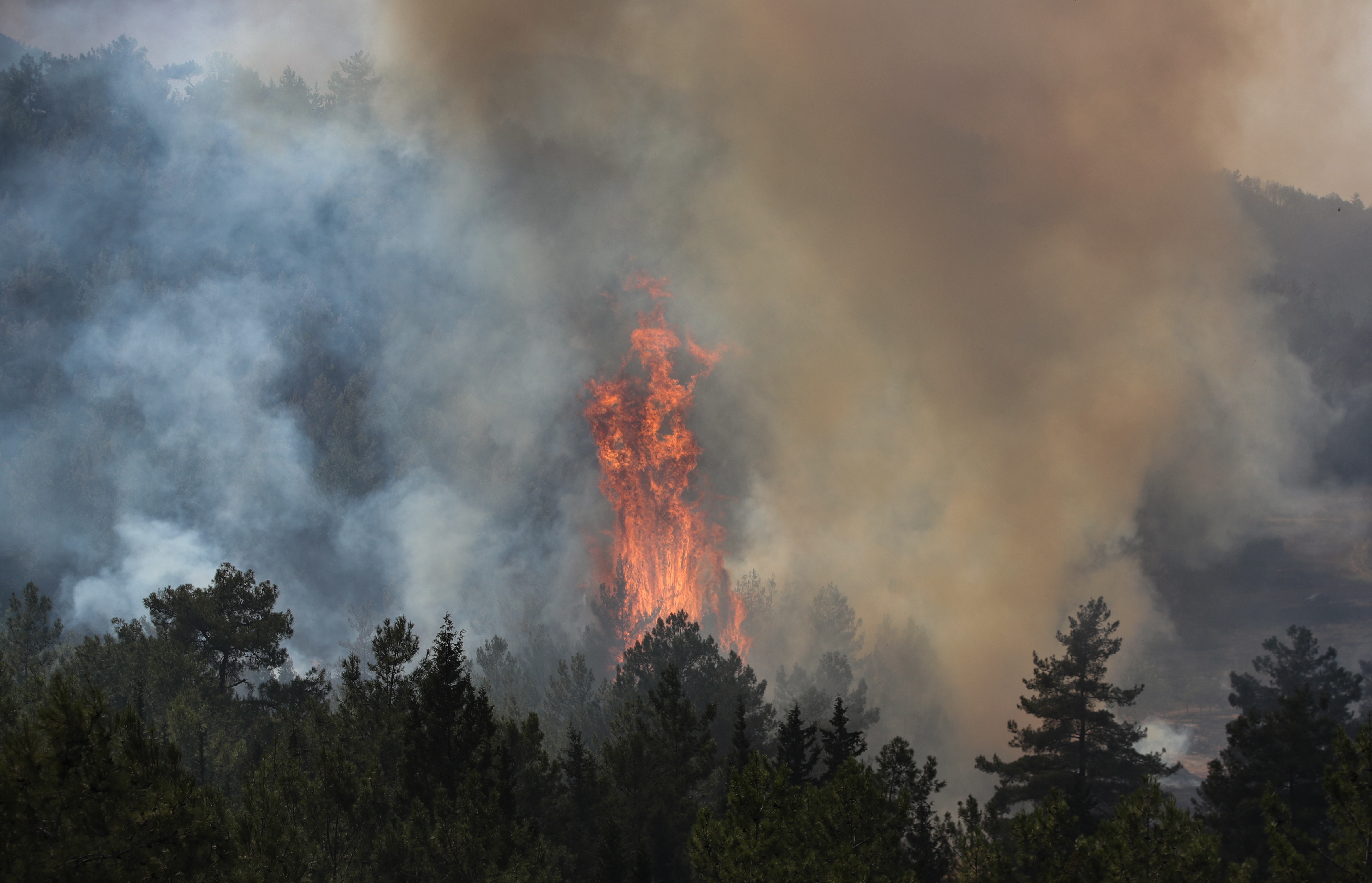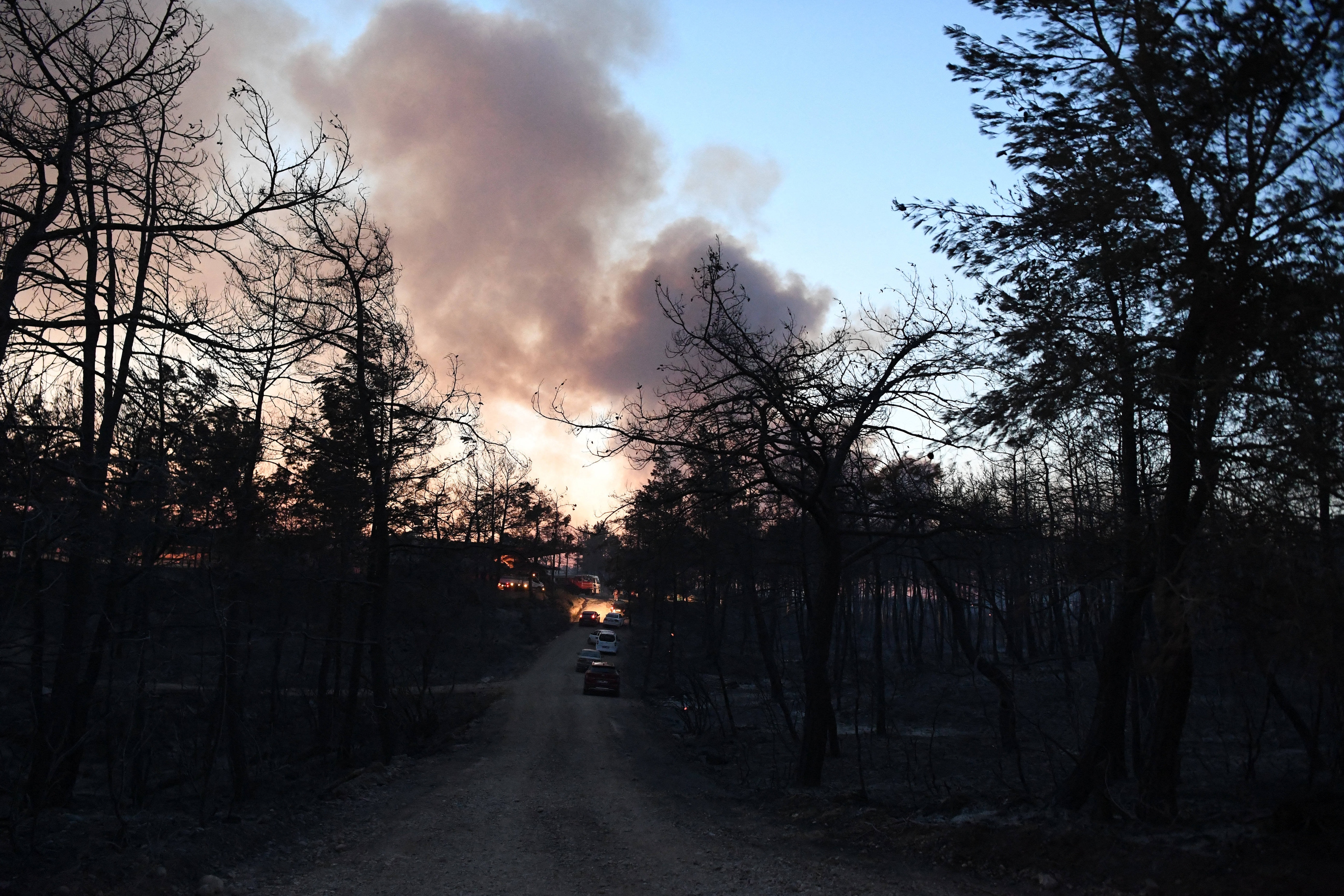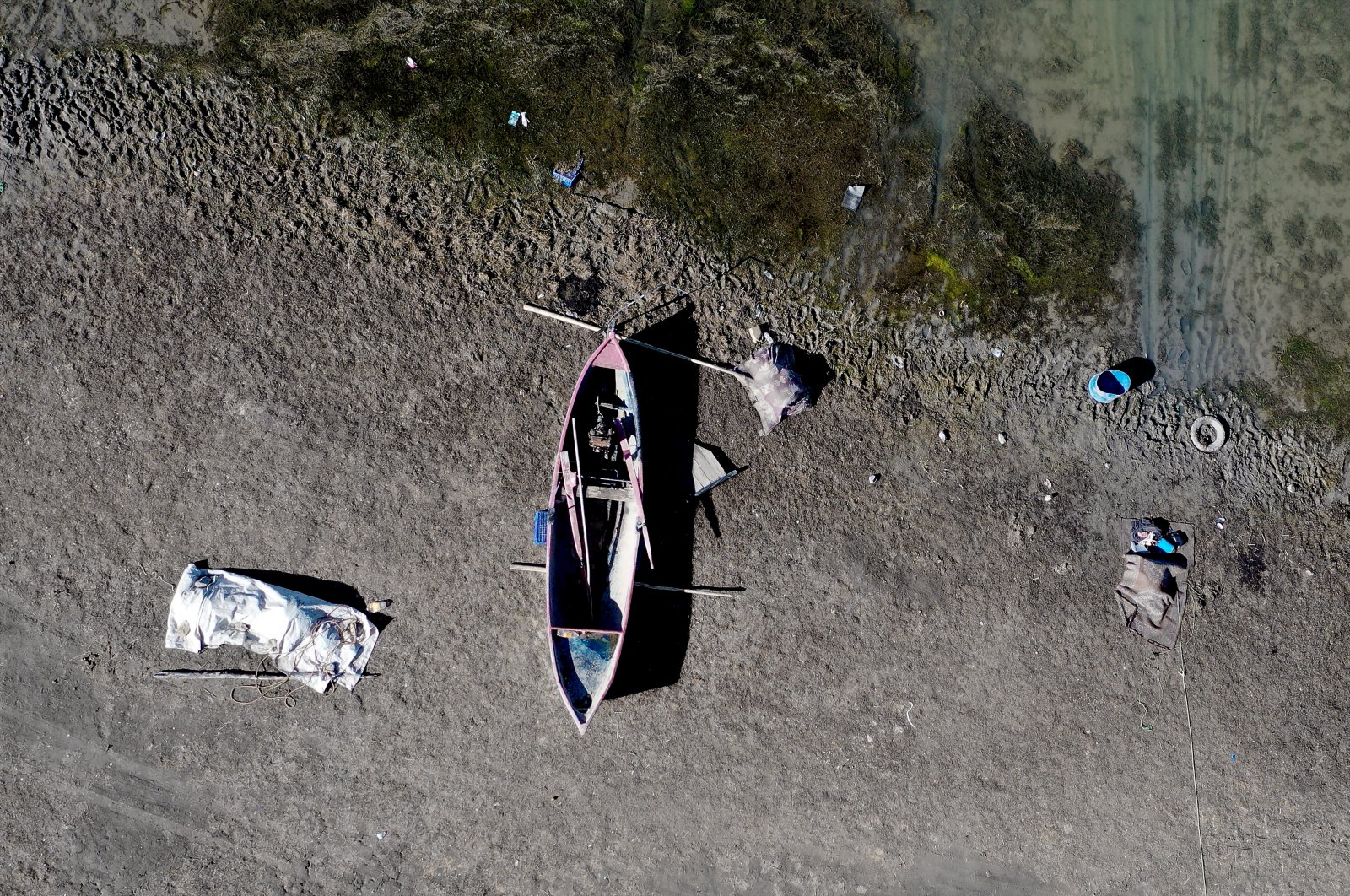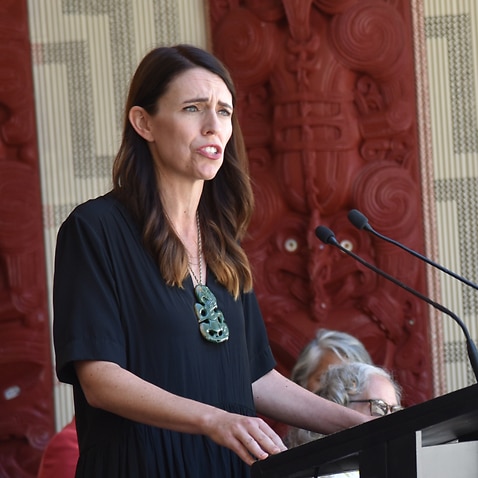August 01, 2021

Columbia, South Carolina, USA - January 20, 2020: Presidential hopeful Bernie Sanders (D) speaks to attendees of the the 20th annual "King Day At The Dome" rally held at the S.C. Statehouse.
Just days out from the closely watched August 3 Democratic primary contest in Ohio's 11th congressional district, Sen. Bernie Sanders of Vermont headlined a get-out-the-vote rally in Cleveland on Saturday for progressive candidate Nina Turner, whose grassroots campaign is facing an establishment opponent backed by high-profile party leaders and corporate cash.
In his keynote speech at the event, Sanders spotlighted Turner's ambitious policy platform and argued that—if she prevails in the special election against Cuyahoga County Democratic Party Chair Shontel Brown—the Ohio progressive would play a significant role ushering much-needed legislation through the narrowly divided Congress.
"Nina will stand with me in saying that today, we've got to expand Medicare to cover dental, hearing aids, and eyeglasses," said the Vermont senator. "But Nina knows... that we have got to go further than that, and join every other industrial country—guarantee healthcare to all through a Medicare for All, single-payer program."
Sanders went on to note "the incredible amount of money that the powerful special interests of this country are spending trying to defeat Nina." As The Intercept reported earlier this week, well-heeled donors "with long histories of support for Republican candidates" are bankrolling Brown's campaign either directly or through Democratic Majority for Israel (DMFI), a political action committee that has resorted to falsely portraying Turner as an opponent of a higher minimum wage, universal healthcare, and immigration reform.
"Why is it that the drug companies, the insurance companies, the fossil fuel industry, and Wall Street, and people who supported Donald Trump are pouring millions of dollars into this campaign to defeat Nina Turner?" Sanders asked Saturday. "And the answer is pretty simple: They know that when she is elected, she is going to stand up and take them on in the fight for justice."
























